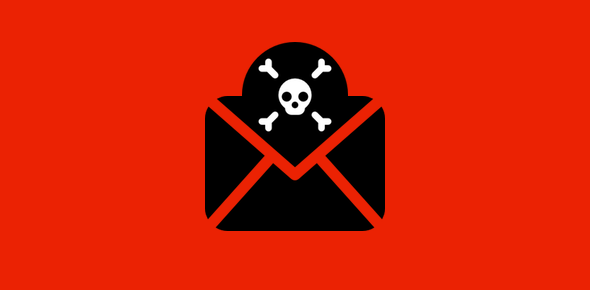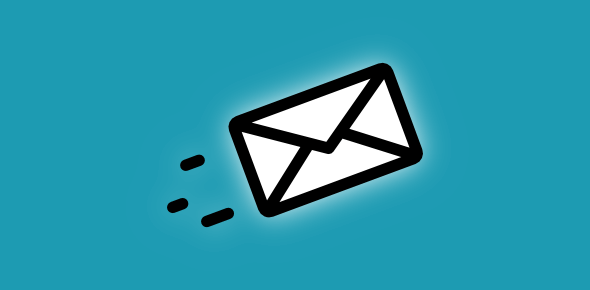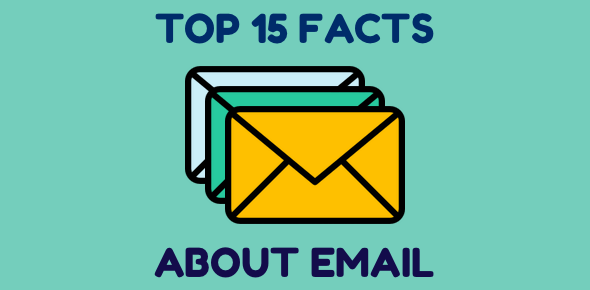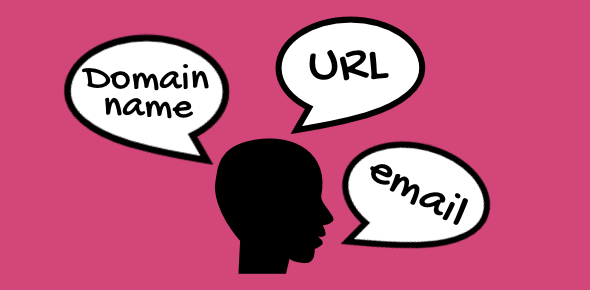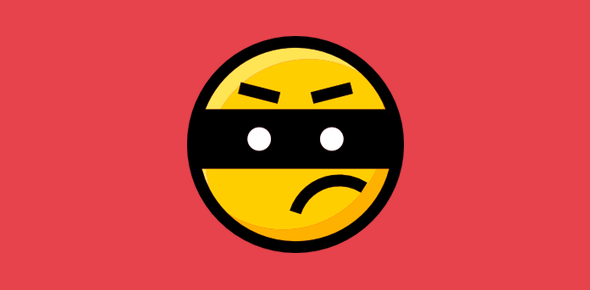Like other things in the world, email too has its share of risks and dangers. The ease of account creation and use, belies the inherent dangers associated with email. Here are some simple tips for beginners that will clear many doubts and help protect their online identity and privacy.
Email spam
 Anyone who has maintained an email account for some time has faced the bane of spam that keep flooding the inbox. Spam is unsolicited email – messages that you never asked for – and sadly, there is no escaping it! Spam is sent by unscrupulous people who will stoop to any depths to push their wares.
Anyone who has maintained an email account for some time has faced the bane of spam that keep flooding the inbox. Spam is unsolicited email – messages that you never asked for – and sadly, there is no escaping it! Spam is sent by unscrupulous people who will stoop to any depths to push their wares.
Sponsored Links
There are only two pieces of advice I can offer. Firstly, never reply or click on any link in a spam message. Secondly, install a good anti-spam filter at the email account (or program). If you are stingy and don’t want to spend money, route your account messages through a free email service and take advantage of their spam filter. To know more, please read how to use the free spam filter at Gmail.
Learn to identify phishing messages
 The sole purpose of a phishing message is to entice or scare you into clicking on a link in the email. You would then be transferred to a fraudulent web site through which the hackers capture the account login information (username and password).
The sole purpose of a phishing message is to entice or scare you into clicking on a link in the email. You would then be transferred to a fraudulent web site through which the hackers capture the account login information (username and password).
Tons of gullible people fall prey to phishing attacks each day. Not only do they lose their email account and all the information stored in it but also face the ignominy of having been duped by such a simple technique. Remember, on its own a phishing email is harmless. But combine it with a phishing web site and you can kiss your account goodbye.
It’s not very difficult to identify a phishing email message. Typically, it would not be addressed to anyone in particular. So ignore all suspicious emails that don’t carry your full name. I also strongly recommend installing an anti-phishing toolbar on your chosen web browser.
Email fraud
 On the lines of phishing is email fraud. The most famous email scam of all time is definitely the 419 scam also known as the Nigerian letter scam in which a million dollars are promised to the recipient if they would help move 5 million USD. Sadly, it still has a high success rate because it appeals to ones greed!
On the lines of phishing is email fraud. The most famous email scam of all time is definitely the 419 scam also known as the Nigerian letter scam in which a million dollars are promised to the recipient if they would help move 5 million USD. Sadly, it still has a high success rate because it appeals to ones greed!
Another similar scam that has kind of replaced the 419 is the “Lottery Fraud” in which the recipient is proudly announced as the winner of a handsome lottery. Again, the ‘principle’ is exactly the same – temptation! Please remember, there is no sugar daddy out there willing to part with his millions!
Sensitive information at your email account
 The one strong bit of advice I always like to give is never to store sensitive and important information at your email account. These include bank account passwords, private photographs, scans of important documents such as passports, credit card etc.
The one strong bit of advice I always like to give is never to store sensitive and important information at your email account. These include bank account passwords, private photographs, scans of important documents such as passports, credit card etc.
Online identity theft
 Over time, your primary email address will become your online identity. It is imperative that good care is taken in protecting it. A strong password always helps. Also, make sure to keep other safety measures such as the security questions, their secret answers and the alternate email address updated. Regularly back up your email messages using email clients and also export and store the contacts information on your local hard disk.
Over time, your primary email address will become your online identity. It is imperative that good care is taken in protecting it. A strong password always helps. Also, make sure to keep other safety measures such as the security questions, their secret answers and the alternate email address updated. Regularly back up your email messages using email clients and also export and store the contacts information on your local hard disk.
